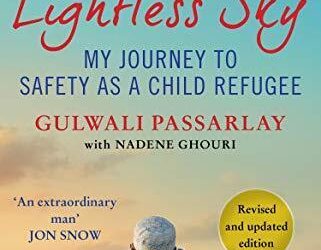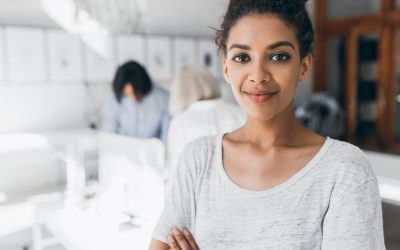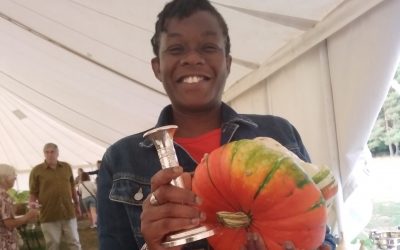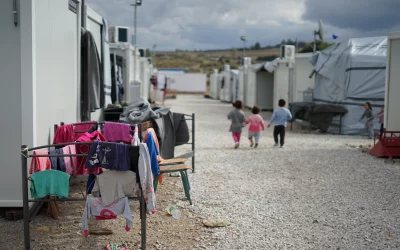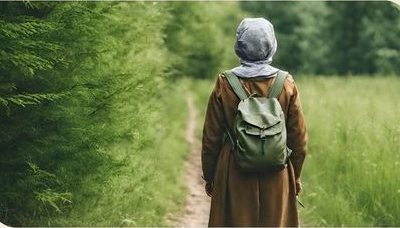Sinéad Mangan-Mc Hale Linked-In Profile
In discussion Alina Potemska who actively helps fellow Ukrainians transit into the UK following the Russian invasion in February 2022. An invasion resulting in millions forced to leave their homes and livelihoods behind. TGIUK was keen to gain insight into how the UK could support these refugees.
On February 24th, 2022, the world changed irrevocably for the men, women, and children of Ukraine. Under Putin’s leadership, Russia commenced a full-scale invasion of Ukraine, attacking major cities, including the capital Kyiv. This act of war marked a dramatic escalation of the eight-year conflict, which began in 2014 when Russia annexed Crimea and began supporting separatists in the Donbas area. Now almost four months on, what is apparent is that Russia vastly underestimated the spirit, bravery, and patriotism of the Ukrainian people. The resilience of the Ukrainian people has not only confounded Russia but has impressed the world.
As the war continues, many millions of Ukrainians are forced to leave their homes and livelihoods behind. TGIUK was keen to gain insight into how the UK and its people could support these refugees. We were delighted when Alina Potemska, a young woman working in the UK before this invasion and now actively helping fellow Ukrainians transit into the UK, was happy to speak with us. At times taking to us and recalling some of the stories she had heard and witnessed was overwhelming for Alina. Her desperation and sorrow were crushing to see. It reminds us that this war is not just a media sensation but a real and terrifying situation for the people of Ukraine.
Alina came to the UK in 2019 and was granted pre-settlement status. She set up a business designing board games to educate through storytelling. Her life was that of a typical young woman, working, being with friends, enjoying the delights of London, and starting to make the UK her new home. However, as she said, “On February 24th, I pressed the pause button on my life plans and dreams, and I do not know when my fellow Ukrainians or I will ever be able to return to a normal life. But I know that we will!”. With her family, her parents, and her brother living and working in Ukraine, her immediate focus was to ensure their safety. “None of my family wanted to leave Ukraine. In the beginning, my parents refused to leave and were busy helping other people in their area, but it quickly became too dangerous for them to stay.” Alina then faced the task of organising the logistics of their evacuation.

Having to quickly learn how to obtain the necessary immigration documentation, arrange transportation and find housing, she is now using those skills to help other Ukrainians navigate the UK immigration system. Like so many Ukrainian refugees, Alina’s parents headed to welcoming border countries. These countries have been the leading lights in welcoming refugees, with Poland opening their borders to over 3.5 million, Romania, almost one million, and Hungary over 600,000, with numbers changing daily. Their government and citizens have shown a sense of generosity and empathy that only those who have suffered tyranny could understand.
Alina met her parents on March 2nd. Rather than the normal joyful reunion, Alina had to help her parents deal with the intense shock of the events in their home country, the trauma of what they had witnessed and the stress of finding themselves displaced, like millions of their fellow citizens. Alina stressed the kindness of everyone they met in Poland and the UK, especially the families that offered to host them. But she explained that refugees find themselves in a complicated situation, grateful for the kindness and support showed to them and yet wanting very much to be alone so they can deal with the stress and trauma of what they have endured.
Alina returned with her parents to the UK at the beginning of May. As she explained, her parents are physically and emotionally exhausted. She is currently working through the complex UK immigration process while helping her distraught parents settle into a very different way of life. Alina quickly pointed out that many people in the UK are helping them, and they are very grateful. However, she explained that “from an inner perspective, we still have a very high level of anxiety and an intense sense of being lost. We cannot think about the future. We have deep regrets about our broken plans and not being able to live the life we had before.” The truth is that no matter how supportive people in the UK are, we can’t fully understand the emotional rollercoaster that Ukrainians are experiencing (unless we, too, have been in a similar situation).
Alina and her parents are also coping with the constant worry about her elder brother, Yevhen, who remains working in Ukraine. Men between the ages of 18 and 60 must stay in Ukraine during the war, and the government has charged them with different responsibilities to protect their country. While many may be called to take up arms, some, including Alina’s brother, are required to fight what Ukrainian’s President Zelensky is calling the “Economic War”. According to the World Bank, aside from the immense humanitarian crisis, Ukraine’s economy is expected to fall by 45.1%. This decline will have a devastating financial impact when rebuilding the country. Alina explained that while her brother had many opportunities to leave the country, as a patriot and loyal citizen he has chosen to stay to do his part in protecting Ukraine. Naturally, Alina and her parents are proud of Yevhen, but his being there, with many other family and friends, intensifies their anxiety.

The response from the people of Ukraine to Russia’s invasion has astounded the world. A report by Peter Pomerantsev in The Economist stated, “The world has found its hero nation”, with various accounts of bravery, such as the unarmed man removing a land mine, an elderly woman berating a Russian soldier, to seven-year-old Amelia Anisovych serenading her companions in a Kyiv bunker. Alina reiterated that the people of Ukraine are united in their fight against Russia. “Previously, there was slight tension between different regions and political parties, but today we stand shoulder by shoulder as a united nation. We are all fighting for our country, and we will not allow Russia to take it. We feel responsible for creating a story that will make our children and grandchildren proud. My countrymen, women and children are showing the world a sense of dignity, pride, and bravery in such terrible adversity. We are all afraid, as we have seen the terrible steps that Russia is taking, such as bombing a maternity hospital, but we will not stop defending our country and our way of life.”
There is no question that the magnitude of the humanitarian crisis is significant, with at the time of writing over three thousand seven hundred civilian deaths and over four thousand injured. With Russia effectively cutting off the regions it bombards as well as specifically targeting health care centre, the injured cannot receive proper medical treatment. There are reports of multiple amputations and people dying from blood loss, something unacceptable in the 21st century. Alina recounts the voice of a young Ukrainian soldier who said, “I am not afraid to die. I am afraid to live in a world where things like this are allowed to happen.”
At the time of writing, almost eight million people are displaced within the country, and more than six million have fled Ukraine, becoming part of an ever-growing wave of refugees from around the world. Like the rest of Europe, the UK opened its doors to refugees; however, though innovative in design, the UK system is reported to be less than efficient in practice.
However, Alina was quick to highlight that Ukrainians are grateful to have the opportunity to seek refuge in the UK, explaining, “When you are forced to flee your home country, choosing where to go is very difficult. It is not like you are deciding where to visit for a vacation. Given the situation at home, our refugees need to feel welcome and, above all, to feel safe. They also want to communicate within this new environment, and as many Ukrainians speak English, the UK was a logical choice. We really appreciate the efforts that everyone is making.”
The biggest stumbling block for all asylum seekers is that the UK government requires all refugees to have a visa to enter the country, whatever their circumstances. To address the Ukrainian situation, it established two systems for refugees. Under the Ukraine Family Visa scheme, Ukrainians can apply to join family members or extend their stay and are entitled to live, work, study here, and access public services and support. While the newly devised Homes for Ukraine scheme allows people living in the UK to sponsor a named Ukrainian national or family to live in the UK with them, providing they have suitable accommodation to offer. Sponsors are entitled to an optional £350 per month “thank you” payment.
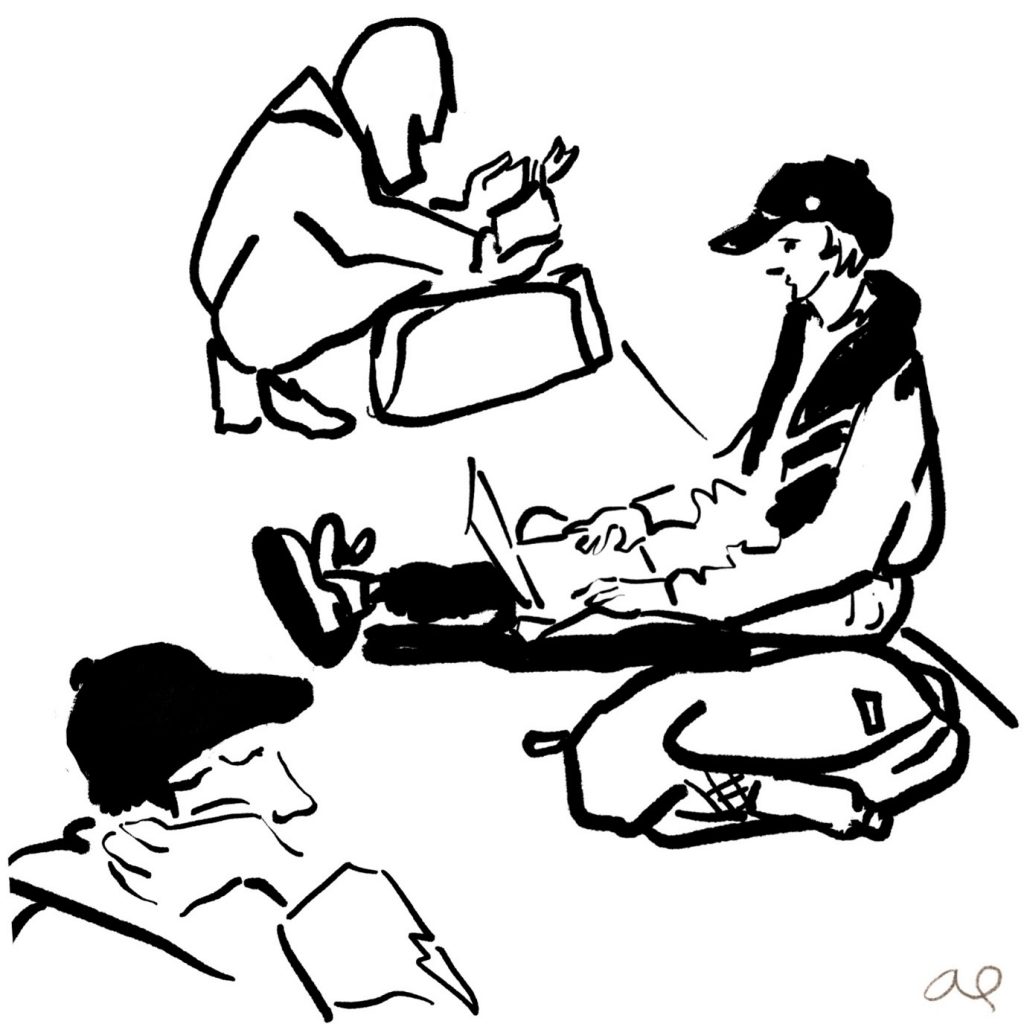
While the British public has responded positively to the request for sponsors, frustration has been expressed about the processing time and that visas are not granted on a family basis but rather individual by individual, including children. The UK has received around 133,000 visa applications and offered approximately 107,400 visas, though at the time of writing only about 54,000 refugees have arrived.
Alina explained that there are many challenges with the UK system, primarily the need to complete long and complicated application forms and have proper documentation for every family member. She explained that these people are scared, exhausted and traumatised and are confused by the whole system. She continued, “Can you imagine having to pack your entire life into one small suitcase and to have to do while bombs are falling around you or people are being shot in your street? Collecting passports or identification documents is not a priority; ensuring you have clothes to keep your children warm and getting out quickly is more important.” It is hard for people in the UK to imagine the trauma of war; thankfully, it has been a long time since the UK has endured any such attacks.
A report in The Guardian newspaper highlighted some of the frustrations around the UK refugees scheme quoting Enver Solomon, the chief executive of the Refugee Council, who commented, “By choosing control over compassion when it comes to granting refugees protection the government is out of step, not only with…the British public, but the rest of Europe who have opened their doors to welcome tens of thousands of Ukrainian families in desperate need,” While not criticising the UK system, Alina explained that even the most straightforward question or statement can cause confusion and stress in these circumstances. She related the story of when her mother heard that she could stay in the UK for up to three years. Her mother immediately panicked, thinking that it meant the war would go on for three years. As she explained, when you have already been traumatised, even the slightest thing can raise your anxiety levels.
She related stories heard from Ukrainian refugees in the UK who admitted being scared that they must legally stay with their sponsor families for six months when so many are ready and want to return to Ukraine as soon as the war is over. There has been significant media reporting on another critical flaw in the system; the lack of checks to safeguard the refugees. Sadly, most refugees seeking help are women and children, and some are falling prey to predatory abusers. Sponsors themselves have expressed concern about the lack of adequate checks, and many complain that they have already housed families without receiving their Disclosure and Barring Service (DBS) checks. Over the last few days, the media has highlighted the challenges for both hosts and refugees, under this scheme.
According to Alina, “as a displaced person, you are desperate for a central point of accurate and current information. At the moment, Ukrainians and British sponsors are resorting to Facebook Groups to address questions and queries. It is challenging to find an authorised helpline to address simple questions or help if there is a misfit between sponsors and families.” And this lack of a central point of contact is frustrating many people in Britain who are keen to help Ukrainian refugees.
Alina is overwhelmed by the British public’s generosity, so many want to provide support and ask what they can do to help or donate. “That is one of the most complicated questions to answer”, she explained. “It is difficult for our refugees even to know what they need or want. Their emotional state is one of trauma, confusion and despair”. Alina explained that the most basic needs are somewhere safe to sleep, money to buy food, toiletries and clothing and a SIM card to reach their family back in Ukraine. She suggests that rather than asking what is needed, put yourself in their shoes and imagine what you would need or like to have. She said that people are so grateful to have been welcomed to the UK that they are conscious of not appearing selfish by asking for too much or accepting luxury or treats. So, if you can help by donating a toy, cosmetics, toiletries, buying tickets to a concert or the cinema, or giving books to read or music to listen to, or simply give whatever typical favour or gift you may do for a friend, you would be making a big difference.
Alina clarified that we might find some of her country folks’ behaviour slightly perplexing when accepting help. “Ukrainians prefer to give than take, so it is tough to accept gifts or help, even amongst ourselves. So if you want to get a Ukrainian to accept something from you, you have to ask three times – we often go ‘no, no, yes”, she explained, finally smiling at a good memory.

Remember that before February 24th, Ukrainians were living the same life we all are, getting back to life post COVID, going to work or school, buying the latest fashion, going to concerts, growing their garden, and minding their pets. This all disappeared in a heartbeat, a lifetime of memories and lost dreams. This is the story, of course, of all wars past and present. Syrians, Afghans, Palestinians, Tigrayans, and many other people who were all living ordinary lives until political and world events changed their lives forever and each one is its own tragedy.
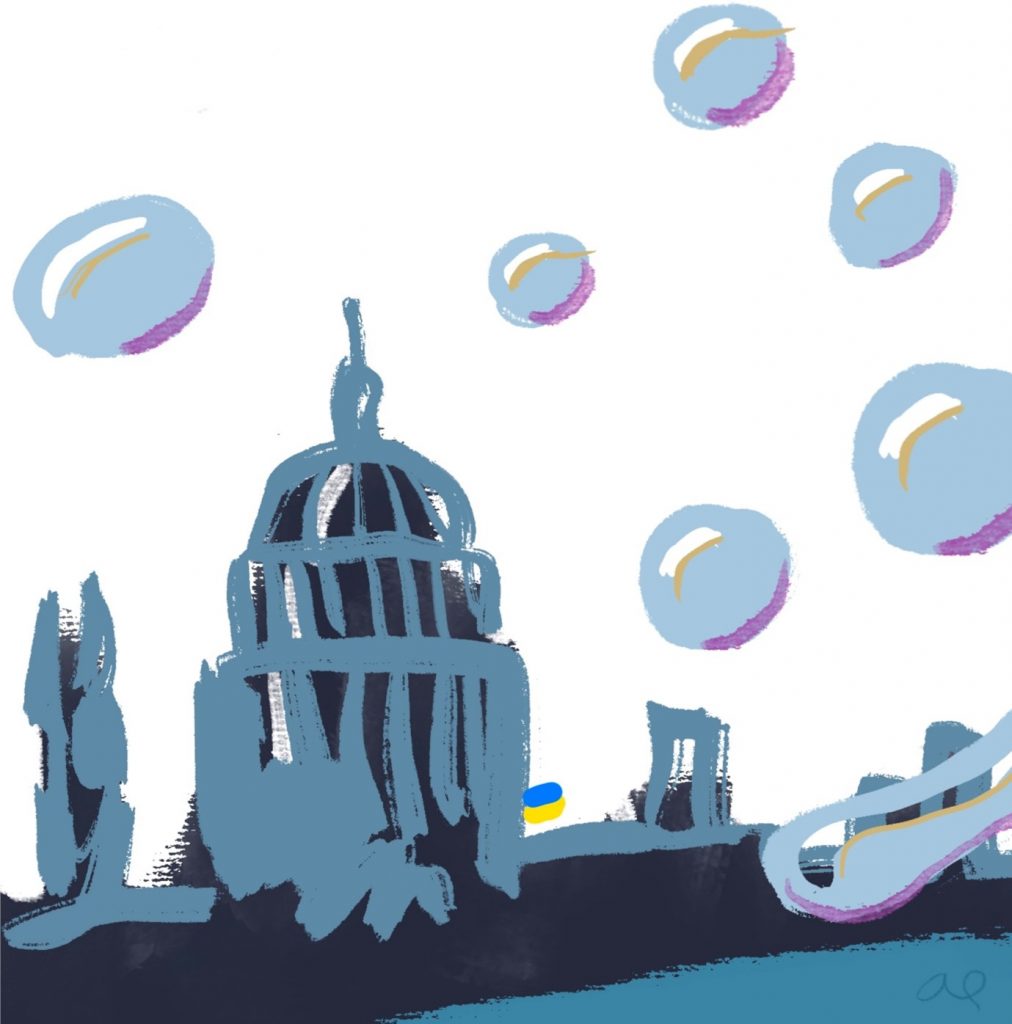
There was so much to talk about that it was hard to edit Alina’s story and that of her fellow countrymen and women into a short blog. Still, when I asked Alina what one message would she like to give us, she responded with a huge thank you for all that the British public have done and continue to do but also asked that we continue to be vocal about our stance on this unjustified war. “We need people to talk about this war, keep it in the media, and keep it in people’s minds. When we see gestures such as the flying of the Ukrainian flag or the London Eye lit up in our national colours, it fills us with pride and gratitude. It gives us a much-needed sense of solidarity. But we need the UK and the whole world to know that this is not just our war. That is why each and every form of help is important; on an individual as well as on a governmental level. There are many international events where we have a chance to raise our voices with a clear and loud message. We must work together to defeat Russia, otherwise it is not just our loss but a loss for all of Europe, as Russia will not stop at our borders’.
Suggestions for Information and Helplines
The artwork for this article was designed by Alina Potemska. Her work can be found on Behance.net/potemska and potemska.com

